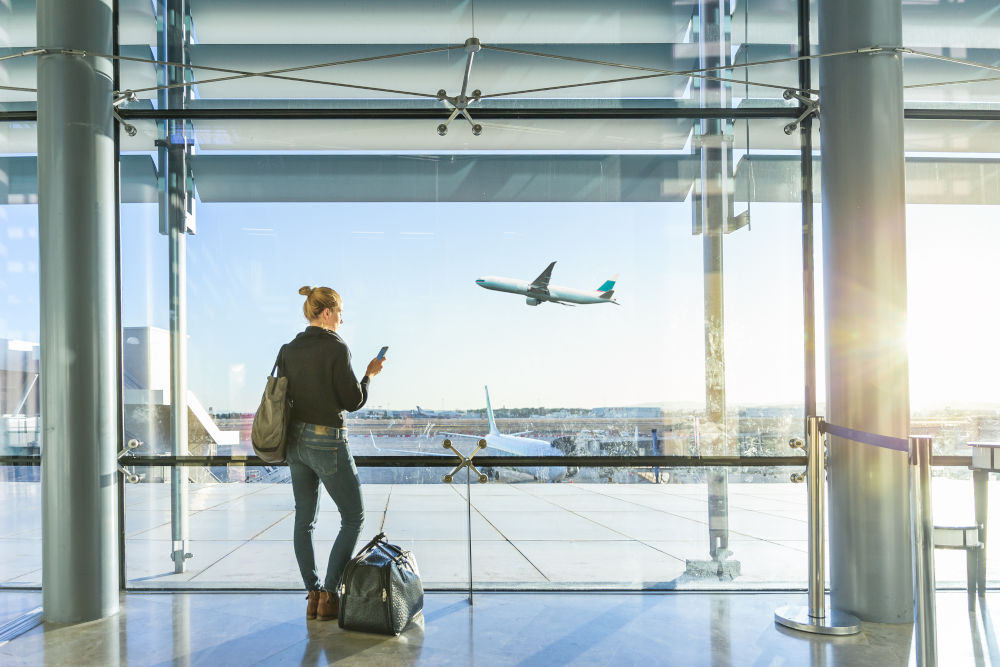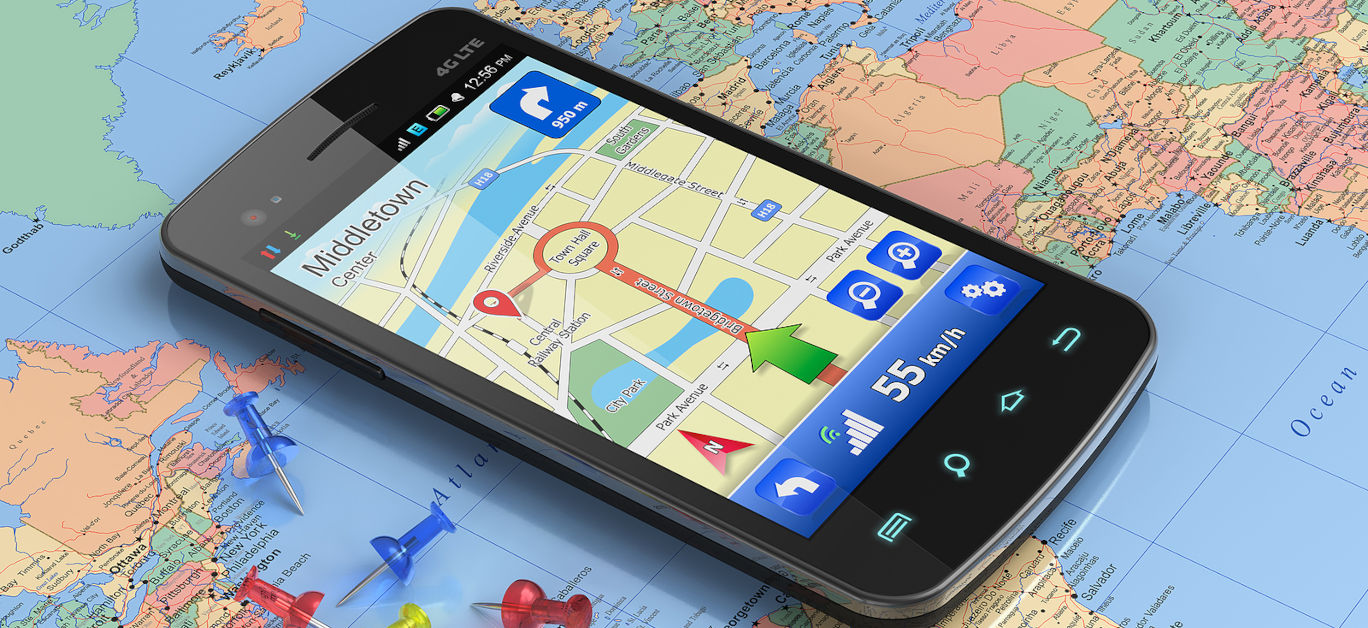In the tourism and travel industry, technology plays a vital role in supporting businesses with their daily operations and enhancing the overall customer experience. The latest innovations are serving as a pivotal force that is streamlining the way high-end travel firms operate and elevating the overall customer experience too, giving rise to unprecedented advancements and fundamentally transforming the ways in which we experience the world.
Here, we take a look at five ground-breaking tech trends that are reshaping the very fabric of travel, offering a whole new level of convenience, connectivity, and personalisation – from the international eSIM card to self-service kiosks, artificial intelligence, and more.

International eSIM card
The eSIM, a digital counterpart to traditional SIM cards, serves as a virtual identification for your device, establishing a reliable network connection wherever you are in the world. Remotely programmable through software and integrated into modern smartphones including iPhones (from XS onwards), Google Pixel devices, Motorola Razr 5G, and Samsung Galaxy devices, the embedded and remotely configurable nature of eSims brings new found flexibility to phone and service plan management, allowing users to add plans, incorporate a new number, or even switch to a different carrier.
When it comes to travelling, an international eSIM can be an effective way to access the internet and communicate with friends and family back home. Instead of swapping physical sim cards, as you would have had to do in the past, eSIM-enabled devices allow travellers to enjoy access to local coverage and avoid additional data roaming fees from their primary carrier. An eSIM UK from a provider such as Holafly can be acquired before you set off on your trip and activated with a QR code to ensure seamless and stress free travel and uninterrupted connectivity throughout.
Self-service kiosks
You might have used a self-service kiosk at the airport to print your boarding pass or buy public transportation tickets. Essentially, these standalone electronic devices, which often feature a touchscreen, allow users to complete simple tasks on their own without the need to queue up and speak to someone, saving huge amounts of waiting time and making the entire process as quick and easy as it should be. In our post-Covid world, they’re becoming increasingly popular because as well as ease and convenience, they allow for contactless services that minimise human contact, and while the pandemic might now be behind us, it’s an offering that many of us continue to value.
Now, many high-end hotels have adopted self-service kiosks to streamline their check-in and check-out processes, too. By connecting to the hotel’s property management system (PMS) through an API, the process can be completed in seconds – all you have to do is scan your ID documents and find your reservation, then allow the kiosk to handle payment and create a key card for your room. Some also provide information on the restaurants, spa, pool, and parking options available at hotels and allow for reservations to be made without having to contact reception or a concierge – something which many discerning customers really value.

Voice search
Voice search is another tech trend that has become integral to the high-end customer experience, although it’s fair to say that it isn’t exactly new. Since the early 2010s, Siri, along with other popular voice assistants like Google Assistant and Amazon’s Alexa, have been helping users to perform searches using voice commands – but now, we’re seeing a new wave of travellers increasingly using voice search to find and book their flights and hotel rooms.
In addition, voice control is also transforming the actual travel experience itself. In hotel rooms, voice-controlled devices enable guests to manage in-room lighting and heating or access tourist information without the need to interact with staff – and in the future, we can expect this trend to extend to other sectors within the travel industry, too.
Artificial intelligence and robots
Artificial intelligence is here to stay, and in the high-end travel industry, it’s being used to optimise customer support operations. AI-powered chatbots can quickly respond to issues or questions, with British Airways and Ryanair just some of the airlines offering chatbots available 24 hours a day. Thanks to the introduction of language models such as ChatGPT, these virtual assistants will likely become more conversational and capable of solving more complex issues in the near future.
Robotics is a fascinating aspect of travel technology. In hotels, robots are taking on concierge-like duties, welcoming guests and offering information, with some hotels going one step further and leveraging them for tasks like cleaning and handling luggage. At airports, they can even identify hidden weapons, and some companies use robotics to make smart luggage that follows you around – so the possibilities really are endless.

Contactless payments
Finally, when it comes to tech trends shaping the travel experience, contactless payments cannot be overlooked. This convenient method, facilitated by technologies like near-field communication (NFC), allows travellers to make transactions without physical contact with cards or cash, streamlining various aspects of the process, ranging from ticket purchase to hotel check-ins and dining payments.
Airlines, hotels, and public transportation systems worldwide are increasingly adopting this technology, reducing the need for physical currency. Not only do contactless payments improve the speed of transactions but also contribute to a more hygienic and secure travel environment, and both are attractive to the high-end customer.
Embracing the future
There’s no denying that the latest tech advancements are redefining the high-end travel experience, and most will agree that it’s only for the better. With international eSIMs replacing expensive data roaming, self-service kiosks speeding up the hotel check-in process, and voice search facilitating journey planning, we’re entering a whole new era in which ease and convenience without compromising on quality are paramount and as technology continues to evolve day by day, we can expect even more innovations that will make discovering the world even more enjoyable.






















